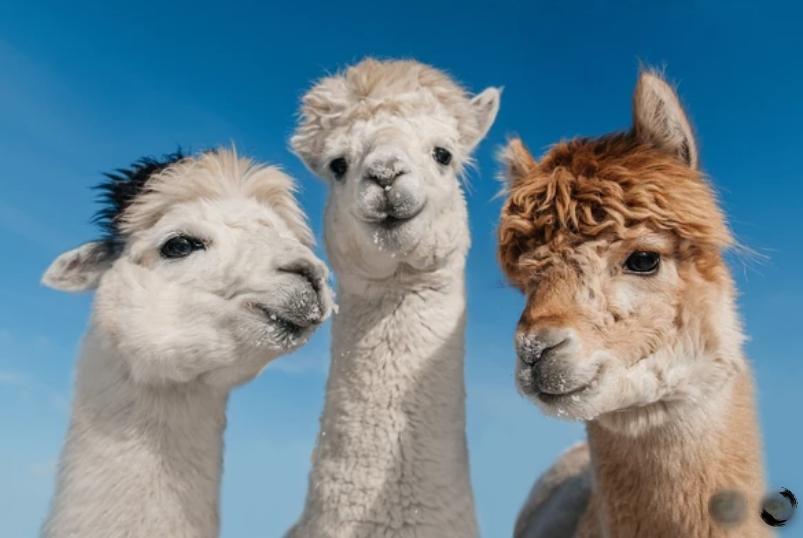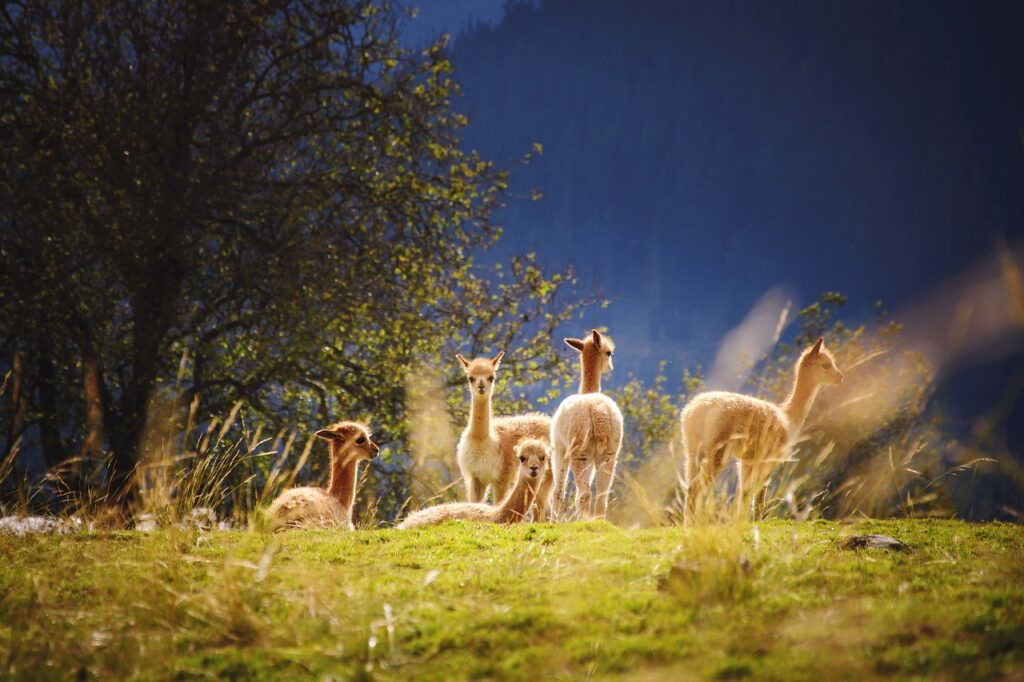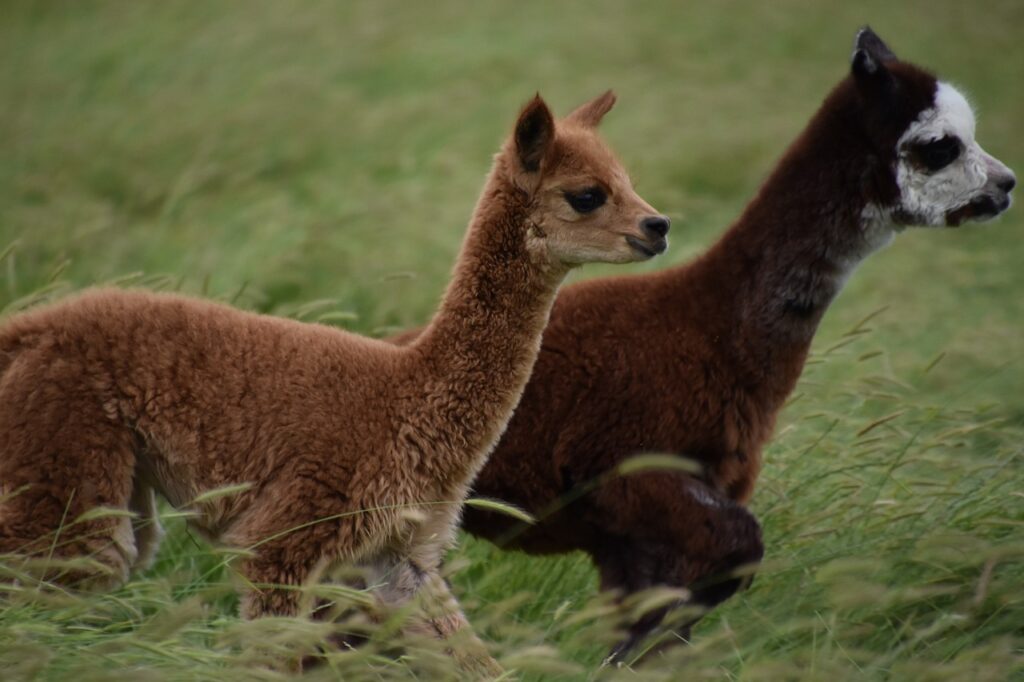Alpacas, those endearing creatures with their luxurious coats, have been a part of human history for thousands of years. Originating in the Andes mountain ranges, they’ve become a global presence, adapting well to various climates. A practice that has raised questions and concerns is alpaca shearing. Is it cruel, or is it a necessary aspect of their well-being?
A Historical Journey
The domestication of alpacas spans millennia, and throughout this history, selective breeding has been aimed at cultivating thicker and denser fiber. This breeding legacy, along with the alpacas’ geographical spread to warmer regions, has made shearing an essential annual ritual for their survival.
The Ethical Landscape
The historical context of breeding and exporting alpacas has raised some ethical considerations in the past. But the fact is, the majority of alpacas are well cared for and treated exceedingly well, especially in the United States. Some may disagree with the process of humans breeding animals for better fleeces, but this was done over thousands of years when entire communities and civilizations depended on the fiber for livelihood and survival. Whether or not you agree with how humans have interacted with these animals in the past, we find ourselves at a point where alpacas, now residing in diverse climates, need regular shearing for their health and comfort. It’s a reality, and the question arises: is it done with care and compassion?
A Necessary Grooming for Survival
In the United States, where many alpacas lead fantastic lives, shearing is not a cosmetic choice but a vital requirement for their survival. Without proper shearing, alpacas face risks of overheating, discomfort, and even serious health issues. As caretakers, the responsibility is clear – shearing is a necessary aspect of their well-being.
A Few Minutes for a Happy, Healthy Life
The shearing process itself may raise concerns for many onlookers about stress and discomfort for these gentle creatures. However, studies have shown that the faster it’s done, the easier it is on them. Responsible alpaca owners in the US employ methods that take just 5-10 minutes per animal. This brief period of necessary stress ensures a year of comfort, health, and happiness for these lovely animals.
Safe and Humane Shearing Practices
Understanding the importance of shearing is one thing, but how it’s done matters just as much. Alpaca owners in the US are committed to safe and humane shearing practices. Professional shearers are enlisted, ensuring a quick and stress-free process. The method involves restraining the alpaca, proven to be the safest and least stressful, ensuring their well-being throughout the grooming session.
A Happy Post-Shearing Life
The beauty of the shearing process lies in its aftermath. As soon as the ten-minute shearing is over, alpacas return to their usual activities – grazing, frolicking, and expressing their innate joy. The removal of the hot and heavy fiber brings immediate relief, and these well-cared-for alpacas are quick to resume their happy and carefree existence.
Beyond Fantasy to Reality
In contemplating the necessity of alpaca shearing, it’s essential to move beyond idealized notions of a world untouched by human intervention. The reality is that alpacas are now dependent on the care and consideration of their human caretakers. To dismiss the necessity of shearing is to ignore the hard facts and the benefits it brings to their health and happiness.
A Compassionate Conclusion
So, is alpaca shearing cruel? No, it is a compassionate and necessary practice undertaken by caring alpaca owners who prioritize the well-being of these delightful creatures. The historical journey, ethical considerations, and the commitment to safe and humane shearing practices all point to a reality where alpaca shearing is not only justified but essential for their health and contentment. In the tapestry of alpaca care, shearing emerges as a thread woven with compassion and dedication to ensuring these beautiful animals lead happy, healthy lives.


